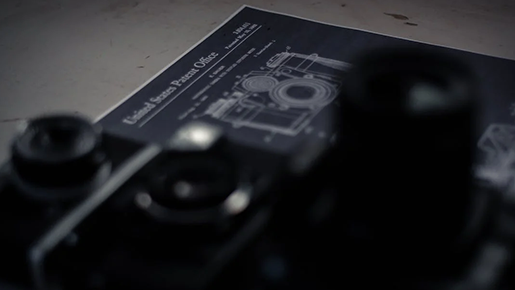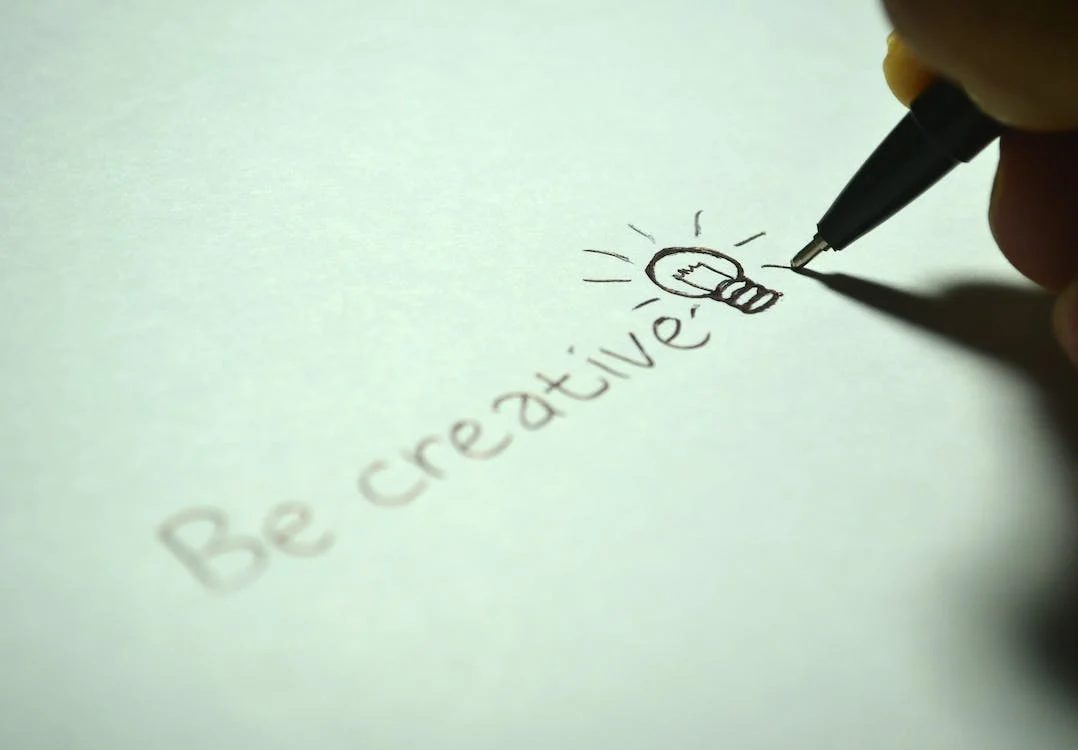Innovation and creativity are the driving forces behind the growth of any economy. As an investor, it is important to protect your invention from being stolen or copied by someone else. The best way to protect your invention is to obtain a patent. A patent gives the inventor exclusive rights to their invention, preventing others from making, using, selling, or importing it without their permission. In this article, we’ll dive into a number of different steps you should take on your journey toward patenting your unique idea. Read on!

Patent search
Doing an exhaustive search for existing patents is the first thing you need to do in order to have your idea patented. This is to confirm that your creation is original and has not previously been patented by another party. In addition to this, doing a patent search can assist you in locating possible rivals and assessing your possibilities of acquiring a patent. You may do patent searches on your own using the internet, or you can retain the services of a patent attorney to do it for you.
Application
After conducting a patent search, the next step is to prepare and file a patent application. A patent application should be drafted carefully and accurately. It should describe the invention in detail, including how it works, what it does, and how it is made. The application should also include drawings or diagrams to illustrate the invention. It is important to be clear and concise when describing your invention, as vague or incomplete descriptions can result in your patent being rejected, so please always keep this in mind.
Have your own space
When it comes to patenting an invention, having a dedicated workspace can make all the difference. Renting office space can provide a professional and private environment where you can work on your invention without any distractions. It can also offer access to amenities such as high-speed internet, printing facilities, and meeting rooms, which can be beneficial when collaborating with lawyers, patent agents, or potential investors. Thankfully, there are a number of real estate listings you can check out to find the space that suits your needs the best. Have the following in mind: having a separate office space can help separate work from home life, which can be especially important for those who may be working long hours.
Overall, renting an office space can provide a conducive environment for focusing on the patenting process and ultimately lead to increased productivity and success.
Patent examiner
After an application for a patent has been submitted, the next step is for it to be reviewed by a patent examiner. Your application will be examined to determine whether or not it meets the criteria necessary to get a patent. In the event that the examiner discovers any problems, they will issue a rejection, and in order to continue with the patent process, you will need to resolve the problems that were found. Because of this, it is imperative that you get the assistance of an attorney during the application process. They will be able to guide you through the process of responding to any rejections that you get and ensuring that your application is in the best possible form.
Notice of allowance
Receiving a notice of allowance is a critical point in the patent application process, as it means that your application has been approved by the patent examiner. This notice indicates that the examiner has reviewed your application and found it to meet the requirements for a patent. However, it is important to note that receiving a notice of allowance is not the final step in the process. You will still need to pay the issue fee in order for your patent to be granted.

The final step
Once the issue fee is paid, your patent will be granted, and you will have exclusive rights to your invention for a specified period of time. Receiving a notice of allowance is a positive and exciting milestone in the patent process, but it is important to remember that there are still a few more steps to take before your invention is fully protected. Once your patent is granted, you will have exclusive rights to your invention for a specified period of time, usually 20 years from the filing date of the patent application.
So, in short, obtaining a patent for your invention is an important step in protecting your intellectual property. It requires careful planning and attention to detail, including conducting a thorough patent search, drafting a detailed patent application, and addressing any rejections from the patent examiner. Hiring a patent attorney can help ensure that your patent application is filed correctly and that you receive the best possible outcome. With the right advice and guidance, you can successfully patent your invention and enjoy exclusive rights to it for years to come.

